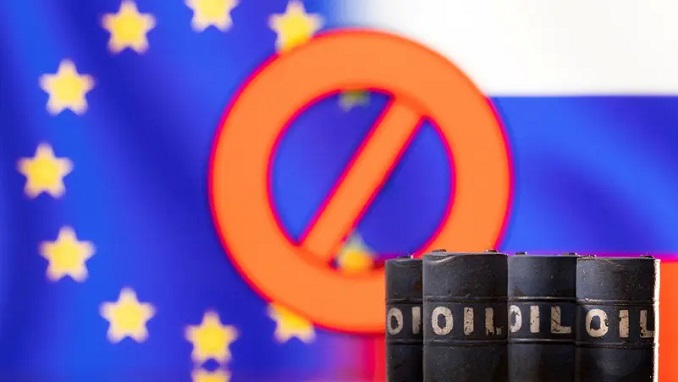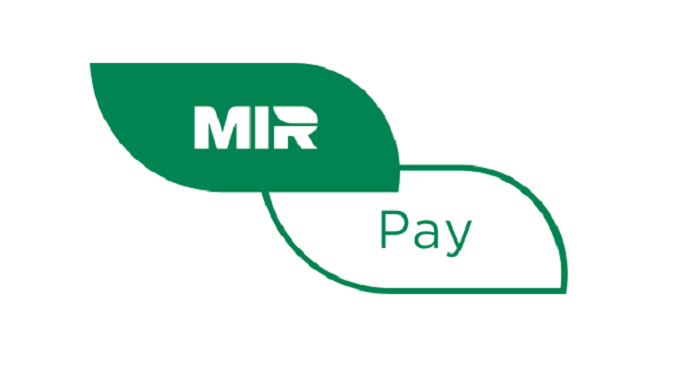A decree that bans for five months the supply of Russian oil and petroleum products to countries that are participating in the Western price cap was signed Tuesday by Russian President Vladimir Putin.
Putin’s delivered Russia’s long-awaited retaliatory measures to the imposed Western price cap on Russian oil exports will come into force on February 1, 2023, and will apply until July 1, 2023, although the decree also includes a clause that allows for the Russian president to overrule the ban in special cases.
The decree, which also prohibits deliveries if the contracts directly or indirectly specify the cap, additionally says that the date for the petroleum products ban, however, will be determined additionally by the Russian government and could be after Feb. 1.
The compliance with the presidential order on Moscow’s retaliatory measures will be monitored by the Russian Ministry of Energy.
The $60-per-barrel price cap on Russian seaborne crude oil, which came into effect on December 5 was agreed upon last month by the Group of Seven major powers, the European Union and Australia as a punitive measure over Russia’s so-called “special military operation” in Ukraine.
It bans Western companies from providing Russian oil shipments insurance as well as other services unless the cargo they carry is purchased at or below the set price.
Vowing to respond to the price cap in a way that would best serve Russia’s interests, Moscow has warned that it would not trade with nations that support the measure.
Pointing out that Russian oil will still be in high demand despite the latest sanctions on Russian exports, Russian Deputy Prime Minister Aleksandr Novak stressed that, due to scarce supply, Western punitive measures will only trigger further energy inflation.
Previously on Monday, the Russian Trade Ministry announced that due to sanctions imposed by the EU and US, Russia will redirect its metal exports from Western countries to alternative markets.
Russia’s Trade Minister Denis Manturov named as priority areas for diversifying metal supplies China, Türkiye, Southeast Asia, CIS countries, and the Russia-led Eurasian Economic Union’s member-states.
The trade flows, at the same time, will also be focused on the Middle Eastern, African, and Latin American markets.
Many buyers have shunned imports from Russia although Russian metals and the producing companies have not been directly targeted by Western sanctions.
As a major metals producer and exporter, Russia held last year a 13% market share for titanium production, 11.2% for nickel, 10.5% for platinum, 5.4% for aluminum, 4% for copper, and 4.4% for cobalt.
According to Institut Polytechnique de Paris, Russia is also the world’s top producer of palladium, accounting for 37% of its production in 2021.



